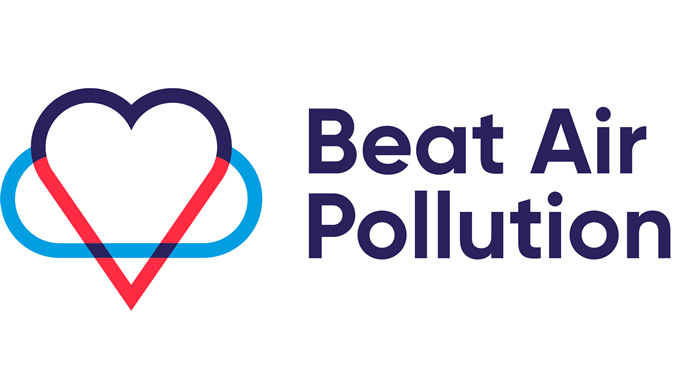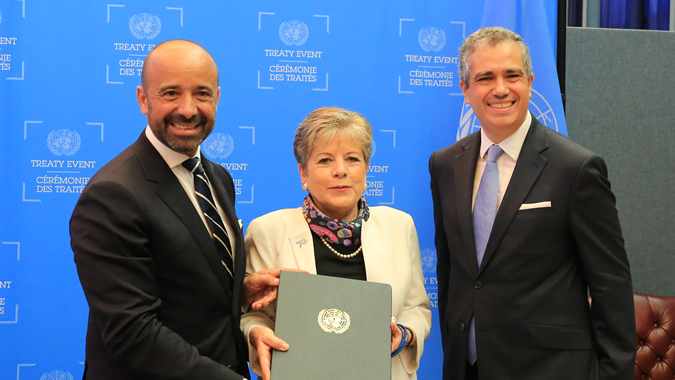ECLAC Calls for Creating Participatory Policies, Based on Evidence and Open Information, to Tackle Air Pollution
Work area(s)
On the occasion of World Environment Day 2019, the central theme of which is air pollution, the United Nations organization calls on Latin American and Caribbean States to advance on coordinated action at a local, national, regional and international level to address this problem.

The serious episodes of atmospheric pollution that Latin America and the Caribbean has experienced reveal the lack of information, regulation and environmental management that is hindering the proper development of our societies, and particularly of people and groups in situations of vulnerability.
On the occasion of World Environment Day 2019, which will be celebrated this June 5 around the central theme of air pollution, the Economic Commission for Latin America and the Caribbean (ECLAC) warns that the lack of information on emissions and the non-existence of plans for managing potentially critical pollution episodes that actively consider the most vulnerable populations, threaten people’s right to live in a healthy environment as well as their right to sustainable development.
“Air pollution in the region will be exacerbated by climate change, which will constitute an additional economic burden for countries’ health systems,” the United Nations regional organization adds. “Addressing local atmospheric pollution has additional benefits for the fight against climate change.”
For all these reasons, ECLAC is calling on States in the region to improve information on emissions and to address air pollution with comprehensive, participatory and evidence-based policies. It is also urging for coordinated action at local, national, regional and international levels to tackle this issue.
In this sense, the Regional Agreement on Access to Information, Public Participation and Justice in Environmental Matters in Latin America and the Caribbean, known as the Escazú Agreement – which ECLAC serves as the Technical Secretariat for – is a critical instrument for addressing the problem of air pollution since it provides a framework for informed participation in decision-making processes.
The Escazú Agreement was opened to the signature of the 33 countries of Latin America and the Caribbean on September 27, 2018 at United Nations Headquarters in New York. To date, it has been signed by 16 countries and already ratified by one. To enter into force, it requires 11 States Parties.
The Escazú Agreement is the only treaty arising out of the United Nations Conference on Sustainable Development (Rio+20), and it is the first regional environmental treaty of the countries of Latin America and the Caribbean and the first to contain specific binding provisions regarding human rights defenders in environmental matters.
Related event
Related content
World Environment Day 2019
"On World Environment Day, I ask each of us to act so we can breathe more easily. From pressuring politicians and businesses to changing our own habits, we can reduce pollution and beat climate…

ECLAC Urges All Countries in Latin America and the Caribbean to Sign and Ratify the Escazú Agreement
On the first anniversary of its adoption, the organization’s Executive Secretary, Alicia Bárcena, publishes an open letter highlighting the relevance of this first environmental treaty in the region.
Related link(s)
Country(ies)
- Latin America and the Caribbean
Contact
Public Information Unit
- prensa@cepal.org
- (56 2) 2210 2040